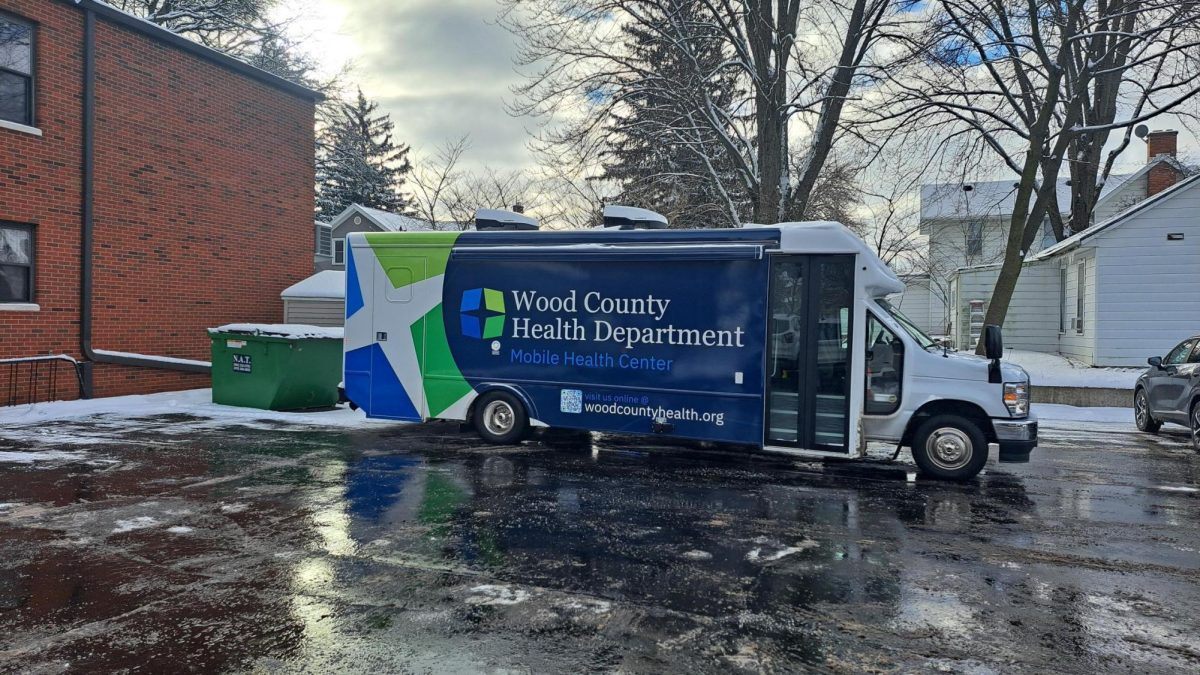The city’s contract with Prairie State Energy Campus and its cost for the city and its residents was discussed at yesterday’s city council meeting.
The city entered into a 50-year contract with Prairie State in 2007, which is operated under American Municipal Power and gives much of the city’s power through coal, as well as some hydroelectric energy.
Resident and University chemistry professor Neocles Leontis voiced his concern with the city’s contract with Prairie State in May and said the city is paying too much to Prairie State for energy, and wishes it would renegotiate or break contract and look elsewhere.
Leontis thinks the city needs to “show some backbone” and renegotiate or attempt to break contract with Prairie State. He thinks looking to other sources for fuel will be cheaper because of competition, and alternative energies such as solar and wind are going down in price.
He spoke again yesterday to try to paint a clearer picture for city council.
“[I] gave a bunch of big numbers and didn’t give context,” Leontis said.
Leontis presented a report which he hoped would make the issue more clear. He requested the Institute for Energy Economics and Financial Analysis, a non-profit organization, to do the report.
While Leontis agreed with the report in that Prairie State was costing the city money, he did not completely agree with the numbers.
“These numbers are really lowball numbers,” he said.
According to the report, the city will be paying an extra $118 million between 2012 and 2021 than if they looked to other suppliers, and Leontis thinks that number could be larger.
The report also stated that city residents will be paying an average of $1,870 more between 2012 and 2021 and the University will pay $17.6 million more during that time.
Leontis asked the council what they are going to do about these costs.
At-large council member Robert McComber said he hopes Prairie State will improve the cost of operation, but does not see breaking contract with them as a good option.
Council president Michael Aspacher said it was not fair to ask the council such a question and expect an answer immediately.
“It’s unfair that you would expect us to speak off the cuff,” Aspacher said.
Leontis said he understood and asked if the council would be ready in two or three weeks.
Aspacher responded that the council may or may not be ready.
First ward council member Daniel Gordon said that he will look into the issue, but isn’t sure “how much any of us as individuals can do.”
Second ward council member John Zanfardino said when the contract was signed, it was thought over carefully with the benefit of the city and its residents in mind.
“I’m one of the two folks on council that voted for the power pack we have,” he said. “It seemed like a reasonable way to provide power to the city.”
McComber said he was focused on looking at the “big picture.” His question was: Will coal still be used in the coming decades?
If not, he said, it will be bad for the city in that it will be in a contract and paying a company that no longer uses coal. However, if coal is still being used, he thinks it can be a good decision for the city.













